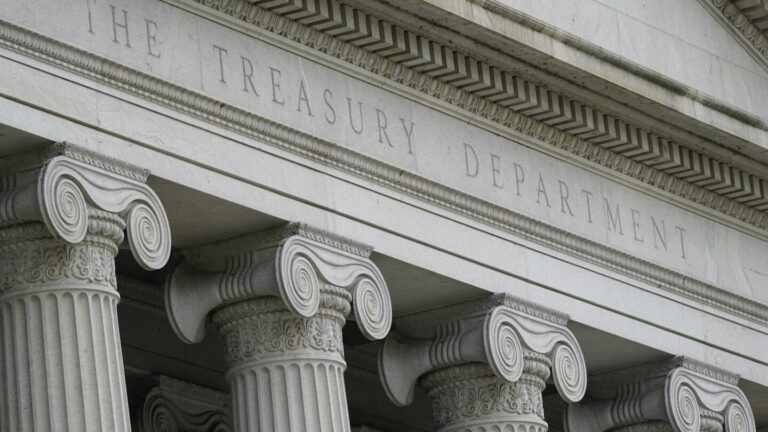WASHINGTON (AP) — The Treasury Department on Friday fleshed out proposed rules to restrict and monitor U.S. investments in China in artificial intelligence, computer chips and quantum computing.
The proposed rule stems from President Joe Biden’s August 2023 executive order. Regarding access for “Countries of Concern” The U.S. government says it will force the country to use U.S. dollars to fund advanced technologies that will strengthen its military, intelligence, surveillance and cyber capabilities. The executive order names China, Hong Kong and Macau as countries of concern.
The Biden administration has sought to thwart China, the world’s second-largest economy, from developing technologies that could give it a military advantage or enable it to dominate emerging sectors such as electric vehicles.
In addition to the proposed rules, Biden, a Democrat, Tough tariffs on Chinese-made EVsIt’s a politically charged issue, with both the president and Republican Donald Trump seeking to show voters who is best able to stand up to China, a geopolitical rival and major trading partner.
The proposed rule outlines the mandatory information that U.S. citizens and permanent residents must provide when conducting transactions in this sector, as well as what would be considered a violation of the restrictions.
Specifically, the rules would bar U.S. investors from funding Chinese AI systems that could be used for military applications, such as weapons targeting, combat and location tracking, according to a senior Treasury official who briefed reporters on the rules on the condition of anonymity.
“Companies and investors have a much better understanding of what is expected of them” under the new foreign investment program, said J. Philip Ludvigson, a partner at King & Spalding and a former Treasury Department investment security official. “These additional details are particularly important because the private sector will now bear much of the due diligence and compliance burden that comes with new investments,” he said.
Craig Allen, president of the U.S.-China Business Council, a nonprofit group of U.S. companies doing business in China, said the council “supports the Biden administration’s efforts to ensure a vibrant commercial exchange with China for the benefit of American businesses, workers and the economy while protecting U.S. national security.”
The Treasury Department is seeking comments on the proposal until August 4, 2024, after which it plans to issue a final rule.
Biden administration officials, including Treasury Secretary Janet Yellen, have insisted they are not interested in “decoupling” from China, but tensions between the two countries have risen in recent years.
In February 2023, the U.S. military A suspected Chinese spy balloon was shot down off the coast of the Carolinas. After the plane passed through sensitive military facilities across North America, China warned of retaliation.
Since then, incidents between the two countries based on national security concerns have occurred periodically.
For example, Biden issued an order in May banning Chinese-backed cryptocurrency mining companies from owning land near a nuclear missile base in Wyoming, calling the base’s proximity to a “national security risk.”

